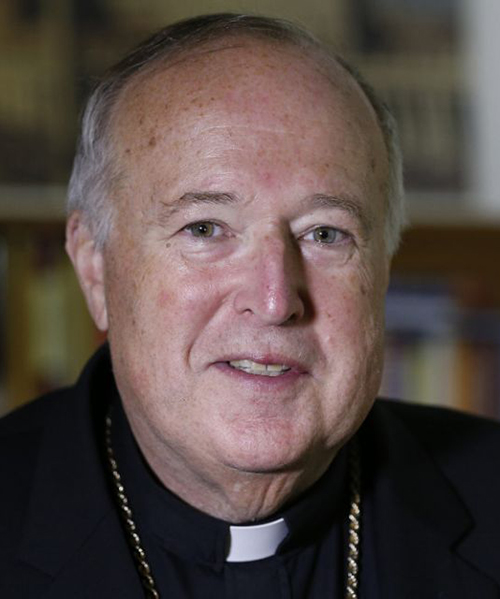On January 20, 2021, President Joe Biden, the second Catholic president in U.S. history, began Inauguration Day at Mass with his family and the nation’s leaders at the Cathedral of St. Matthew the Apostle in Washington, DC. Just after the swearing in, Pope Francis sent a brief message of congratulations, blessings, and prayers that Biden’s “decisions will be guided by…unfailing respect for the rights and dignity of every person, especially the poor, the vulnerable, and those who have no voice.” At about the same time, Archbishop José Gomez, president of the U.S. Conference of Catholic Bishops (USCCB), released a lengthy statement offering prayers, saying “it will be refreshing to engage with a President who clearly understands, in a deep and personal way, the importance of religious faith and institutions,” and also warning that Biden “has pledged to pursue certain policies that would advance moral evils and threaten human life and dignity….”
As Inauguration Day progressed, there were reports of divisions between the U.S. bishops and Pope Francis and among the U.S. bishops on how to assess and work with a Catholic president with Biden’s faith, history, and policy commitments. Since then, the USCCB has issued statements commending Biden’s executive actions on DACA, immigration reform, ending the “Muslim ban,” and rejoining the Paris Agreement on climate change; statements have also been made opposing Biden’s executive order on employment, LGBTQ, and gender issues, as well as his statement on the anniversary of Roe v. Wade. All this has generated considerable commentary, controversy, concern, and confusion.
The Initiative brought together several respected leaders to examine the context and content of these developments and explore challenges and opportunities in the relationship between President Biden and the leaders of the Catholic Church. The panelists explored:
- What difference does Biden’s Catholicism make at the White House? How does it affect his policies, priorities, speeches, and activities?
- What are the implications, lessons, and possible future directions in light of this complicated and controversial moment, where an active, visible Catholic has both areas of strong agreement on several principles of Catholic social teaching and strong disagreement with Catholic teaching on the critical issue of abortion and other moral questions?
- What are the principles and priorities which should shape the interaction between the Biden White House, the U.S. Conference of Catholic Bishops, and the Vatican? What are areas for collaboration and for conflict? Can differences in priorities, tone, substance, and approach be reconciled?
- Some question President Biden’s faith, and even his suitability to receive communion. Others question the U.S. bishops’ roles, words, and actions. What principles, practices, and criteria should guide the relationship between this Catholic president and the ordained leadership of the Catholic Church? How do those translate into a principled, effective working relationship between the USCCB and the Biden administration?
- What are the responsibilities of lay Catholics and other Catholic institutions, other religious leaders, and public officials in this current moment?
Resources
View a list of articles and other resources for this dialogue.
Kim Daniels, co-director of the Initiative, introduced and moderated the dialogue. Kim is also a member of the Vatican Dicastery for Communication.




